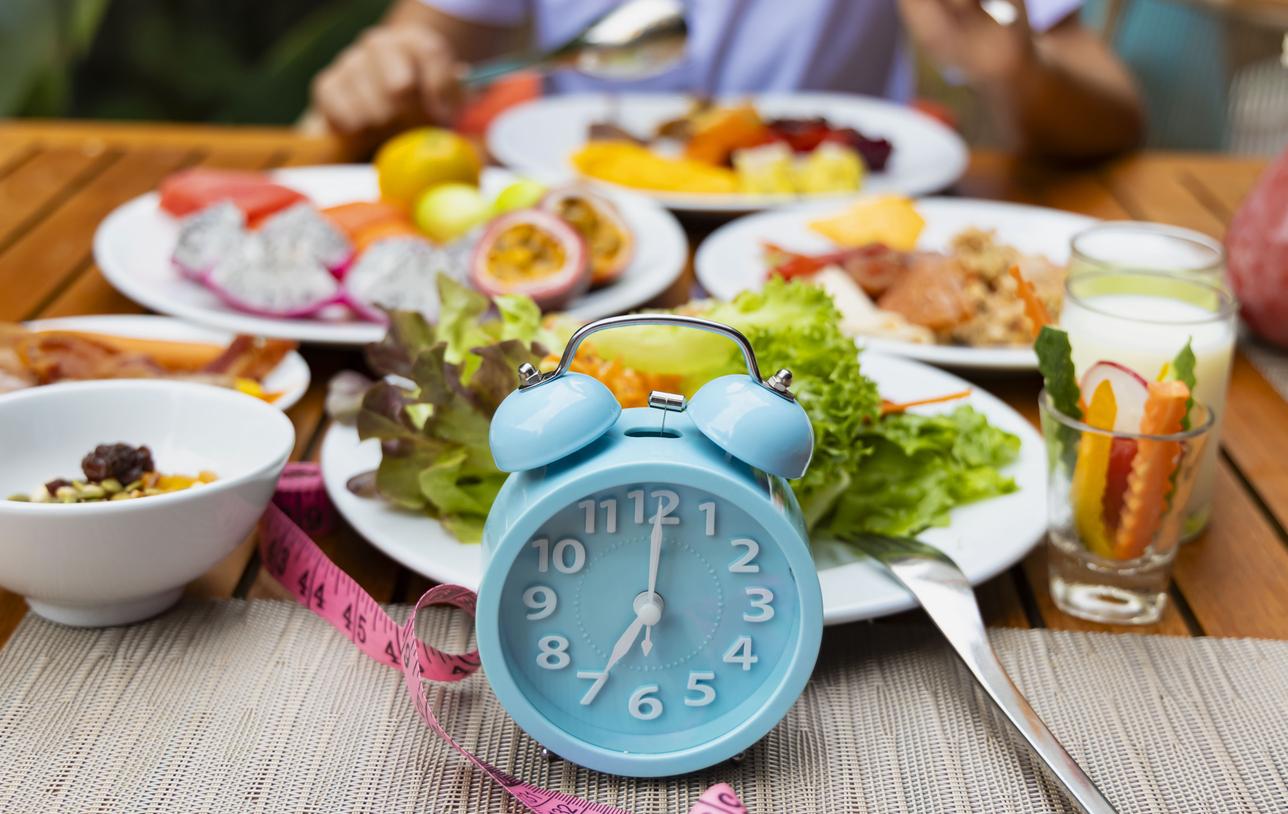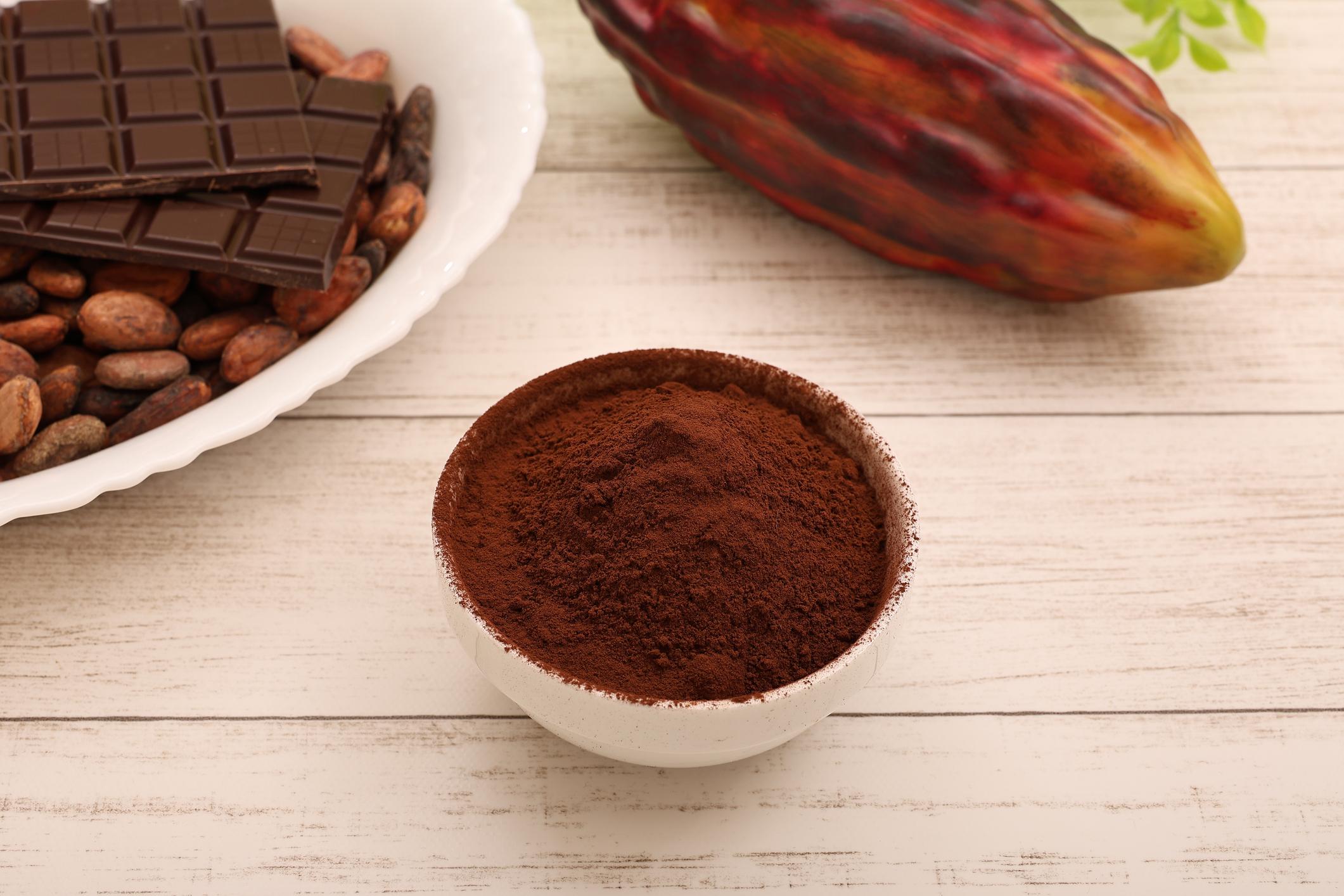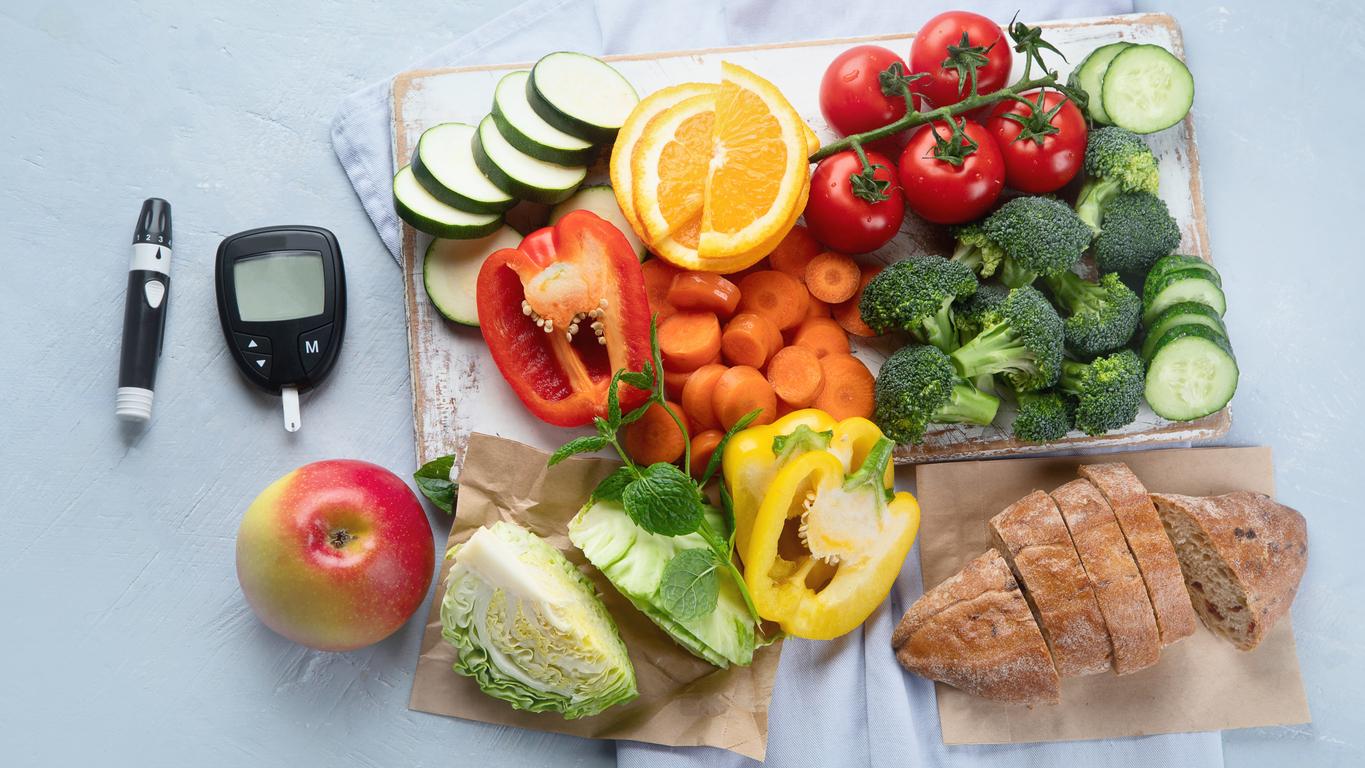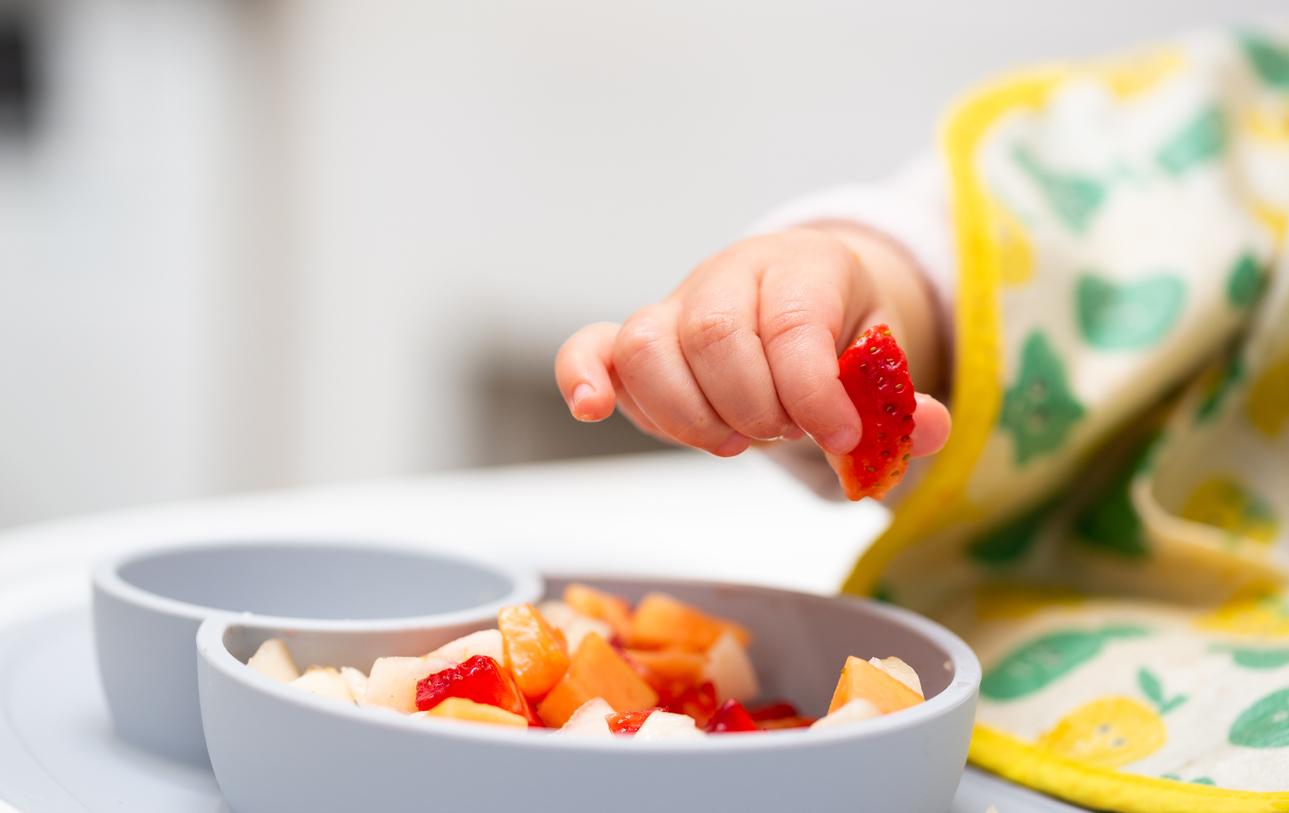Processed foods high in sugars and saturated fat can develop strong addictions, study finds.

Be careful, highly addictive food. Processed, fatty and sugary foods such as pizza, chocolate, crisps and cakes can be highly addictive, according to a study published in the journal PLOS One.
Eat until you get sick
To reach this conclusion, researchers at the Mount Sinai Hospital School of Medicine gathered 504 people who they asked to identify the foods that gave them the most problems. To define the degree of “problem” posed by a food, participants used the Yale Food Addiction Scale. They had to specify whether they recognized themselves in propositions such as “I eat until I make myself sick” or “the fact of overeating very often gives me the feeling of being listless or exhausted”. Then, the researchers classified the foods according to the addictive behavior they engender.
According to their conclusions, the most addictive foods are industrial products, rich in sugars and saturated fats. Pizza, chocolate and French fries are the hardest drugs. Conversely, foods such as brown rice or salmon could not be associated with phenomena of dependence.
“Several studies suggest that very tasty and highly processed foods are the source of addiction-like behaviors and changes in the brain, like drugs and alcohol,” says Nicole Avena, who led the works.
Like alcohol and drugs?
Previous animal studies have shown that highly processed foods or foods with added fats and refined carbohydrates, such as white bread and sugar, can induce addictive behaviors.
In humans, the concept of food addiction is debated among the scientific community. In June 2013, a study from Boston Children’s Hospital published in theAmerican Journal of Clinical Nutrition explains why certain foods trigger addictive behavior. Foods with a high glycemic index are shown to stimulate the “nucleus accumbens” – the pleasure zone of the brain. The activity noted is similar to that triggered by nicotine or heroin.
But, in reality, “food addiction” would not exist. THE’World Health Organization (WHO) does not recognize any food addiction, against the tide of many specialists. For Nicole Avena, this study could allow “perhaps to modify the way we consider the treatment against obesity. Instead of telling the patient to avoid certain types of food, we can adopt methods used in the fight against smoking, alcoholism and drug addiction ”.
.

















